
The integration of renewable energy sources (RESs) and the establishment of energy communities (ECs) are vital steps in achieving global sustainability goals. This paper presents a methodology for developing and validating a Smart Grid Architecture Model (SGAM)-compliant software platform designed to integrate data-driven energy services and connect physical energy assets within energy communities. The platform aims to optimize energy dispatch, enhance self-consumption, and facilitate interoperability with smart grid infrastructures. Two case studies—Polígono Industrial Las Cabezas in Spain and the IMP R&D campus in Serbia—are analyzed to highlight real-world challenges, solutions, and lessons learned. The article points to different scenarios relevant for energy community design and implementation. Lessons learned point to challenges related to device integration, production forecasting, user engagement, and regulatory barriers. The results show that the proposed SGAM platform successfully addresses technical and operational complexities, supporting energy efficiency, decarbonization, and scalability.

In future smart grid environment, local energy markets will become a reality to provide flexibility. Consequently, it will be essential not only to implement accurate energy consumption forecasters at the building level to determine which buildings can provide the required flexibility, but also at an aggregated level to anticipate power system boundary conditions. Thus, both forecasters play a key role in supporting the reliable and secure operation of smart grids and developing future demand response strategies. Although there is a piece of literature that addressed energy demand forecasting for day-ahead horizons, proposed algorithms only focused on improving accuracy neglecting energy markets technical boundary conditions. This study presents a novel methodology based on random forest machine learning algorithm to predict day-ahead energy demand at individual buildings with a 15-minute resolution. Furthermore, an analysis has been conducted to assess whether the application of time-series decomposition techniques or shape factors can enhance the accuracy of the proposed methodology.
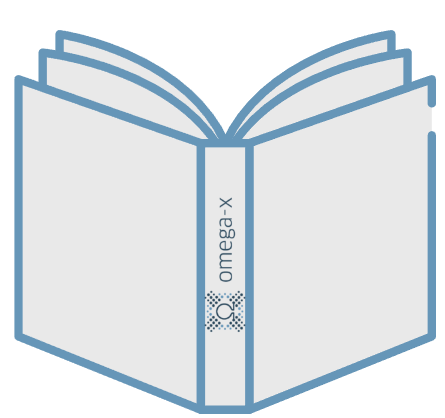
A Toward Agile Interaction Model based ontology development Methodology (AIME) for FAIR European data spaces (preprint 07/2024)
The European Union’s initiative on European data spaces aims to support innovation and economic growth by facilitating secure, interoperable data sharing across key sectors such as health, energy, and mobility. Within European data spaces, high priority is given to adherence to FAIR data principles. Thus, data and services should be findable, accessible, interoperable, and reusable. Ontologies as semantic models are fundamental in achieving semantic interoperability, as they provide a common framework for data and service access, discovery, understanding and reuse. However, the inherent complexity of data space initiatives, coupled with their underlying domains diversity are key challenge facing optimal FAIRness. This motivates the need for an agile methodology that aligns with data space principles, integrates existing domain standards, consolidates the use of metadata for ontology’s FAIRness, and engages various involved actors (domain experts, data service providers, ontology engineers) towards the development of common data space ontology. In the frame of the OMEGA-X project, aiming to build an energy data space, this paper presents AIME, an ontology development methodology integrating the reuse of both standards and reference ontologies to enable the development of modular ontologies for data spaces. It leverages agile principles to strengthen communication between various stakeholders through different steps: reference standards and ontologies selection, selection of use cases, design and selection of interaction models capturing data exchanges, ontology modules creation, automation and continuous integration features to support the entire original ontology engineering phase and reuse by data space users.

Energy communities’ impact on grids (04/2024)
Energy community embedment increasing grid flexibility and flourishing electricity markets.
The new role of energy communities represents both an opportunity and a challenge for DSOs and, consequently, for TSOs. They can unlock active consumers’ flexibility potential and more effectively integrate distributed renewable resources and new technologies, such as rooftop photovoltaic facilities, electric vehicles or batteries, etc. In contrast, energy communities must fulfil all related duties and responsibilities when acting as suppliers, active customers or any other existing market role. They must act on equal terms with other market players.
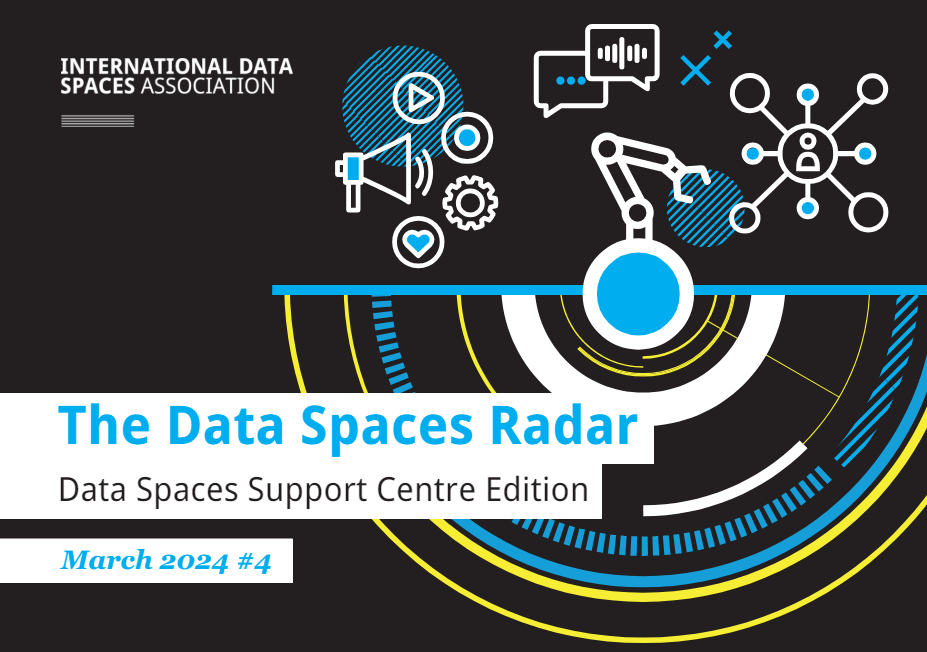
IDSA The Data Spaces Radar (04/2024)
The Data Spaces Radar serves as the central repository for all data space endeavors. It is an accessible tool designed to provide a comprehensive view of various data space initiatives worldwide. Offering insights into the 18 different sectors, global expansion, technical transparency and new stages of development of the data spaces featured in the radar. Since the inception of this asset by IDSA, the Data Spaces Radar has cataloged nearly 150 entries, among which OMEGA-X.
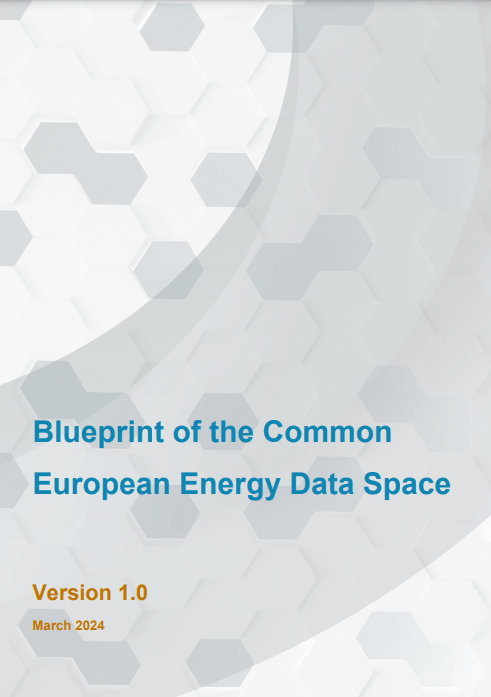
Blueprint of the Common European Energy Data Space (04/2024)
This document addresses the concept of a Common European Energy Data Space (CEEDS), providing detailed approaches and recommendations for its real-world realization. In particular, the main objective of this blueprint is to guide on enhancing the existing data infrastructures, the energy domain, towards the full embracement of data space solutions. Bridging this gap will empower the introduction of novel energy services, which will increase the efficiency and reliability of the energy systems while providing substantial benefits for every stakeholder. With contributions of OMEGA-X.

Platform for efficient building operation and Demand Response flexibility provision (02/2024)
This paper describes a SGAM (Smart Grid Architecture Model) compliant collaborative platform including its logical components in terms of functionalities and interfaces and their relationships. It aims at facilitating the service deployments, establishment and management of a Citizen Energy Community (CEC) by stakeholders along the energy value chain (consumers, energy managers, grid operators, service providers). Its foundation is based on standard-enabling technologies and practices and recommendations from EU projects. Unified Modeling Language (UML) is used for illustrating potential scenarios of using the services by NEON piloting partners. The energy dispatch optimization service developed by Institute Mihajlo Pupin (IMP) has been tested for a CEC from Spain. This work was supported by the EU H2020 funded projects NEON (Next-Generation Integrated Energy Services fOr Citizen Energy CommuNities, GA No. 101033700); SINERGY (Capacity building in Smart and Innovative eNERGY management, GA No. 952140) and OMEGA-X (Orchestrating an interoperable sovereign federated Multi-vector Energy data space built on open standards and ready for GAia-X, GA No. 101069287).
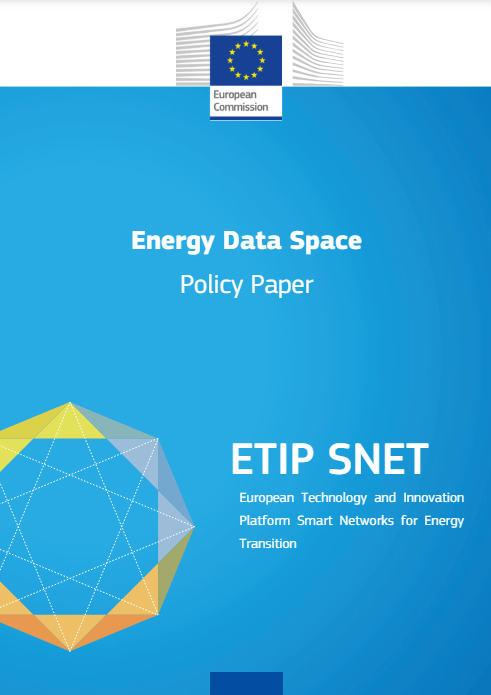
Energy Data Space Policy Paper (12/2023)
The goal of this policy paper is to give a short technical introduction to the topic, providing references for a deeper analysis, and then to focus on the identified opportunities, challenges and necessary actions for a quick deployment of a common European energy data space. For this reason, the document is as much as possible technology agnostic and focuses on the next steps for the concrete implementations. With contributions of OMEGA-X
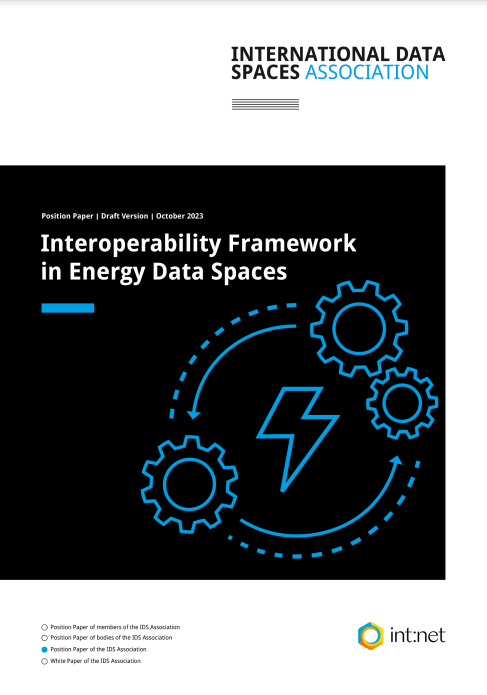
IDSA Position paper: Interoperability Framework in Energy Data Spaces (10/2023)
This position paper, by the Energy Interoperability Task Force which IDSA is leading, has the purpose to define a framework for achieving technical and semantic interoperability between data spaces in the energy domain. To accomplish this, it takes the work of the HORIZON-CL5-2021-D3-01 projects as its foundation, and describes the state of the art, and the challenges specific to this context.
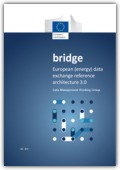
BRIDGE European (energy) data exchange reference architecture 3.0 (07/2023)
This is the third version of Data Exchange Reference Architecture – DERA 3.0. BRIDGE report on energy data exchange reference architecture aims at contributing to the discussion and practical steps towards truly interoperable and business process agnostic data exchange arrangements on European scale both inside energy domain and across different domains.
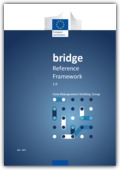
BRIDGE Reference framework (06/2023)
This report presents an update of the Reference Framework, now describing 7 Generic Business Processes and also detailing the Settlement subprocess. It also highlights 3 main findings and recommendations (see §4.1): Consistency with existing standards and on-going initiatives: activities similar to the Reference Framework are performed in parallel to BRIDGE activities, in particular in IEC with 62913 series and in SGTF EG1 with a set of Implementing Acts for the Electricity Directive Article 24. Cooperation with these initiatives should be established to ensure consistency. Expectations and benefits from the Generic Business Processes: seven GBPs are now defined, covering flexiblity, energy monitoring and P2P trading.
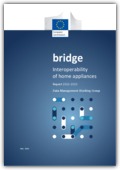
BRIDGE Interoperability of home appliances (05/2023)
This initial BRIDGE Report on interoperability of home appliances aims at providing a common view on the issue as well as at showing the first results from investigating the current state of affairs on this aspect within the BRIDGE projects. In the area of energy flexibility in residential buildings the home appliances constitute to the lowest, but probably one of the most important layers of the system. These appliances are indeed providing the flexibility. The success of the energy management solutions, like algorithms or systems, is highly related to the capabilities of the home appliances, as well as the ability to approach and exploit these capabilities. In that respect, a broader range of appliances providing flexibility and a common way to control these, allows wider deployment of energy management systems and increases the available flexibility of the energy systems.
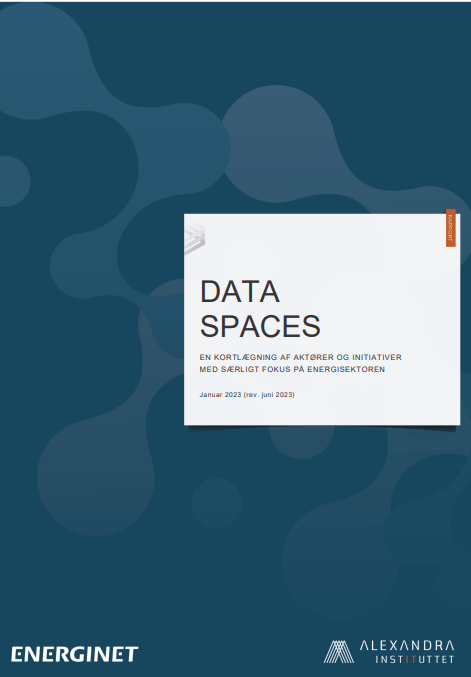
DATA SPACES KORTLÆGNING AF AKTØRER OG INITIATIVER (01/2023)
Data Spaces: A mapping of actors and initiatives with a particular focus on the energy sector.